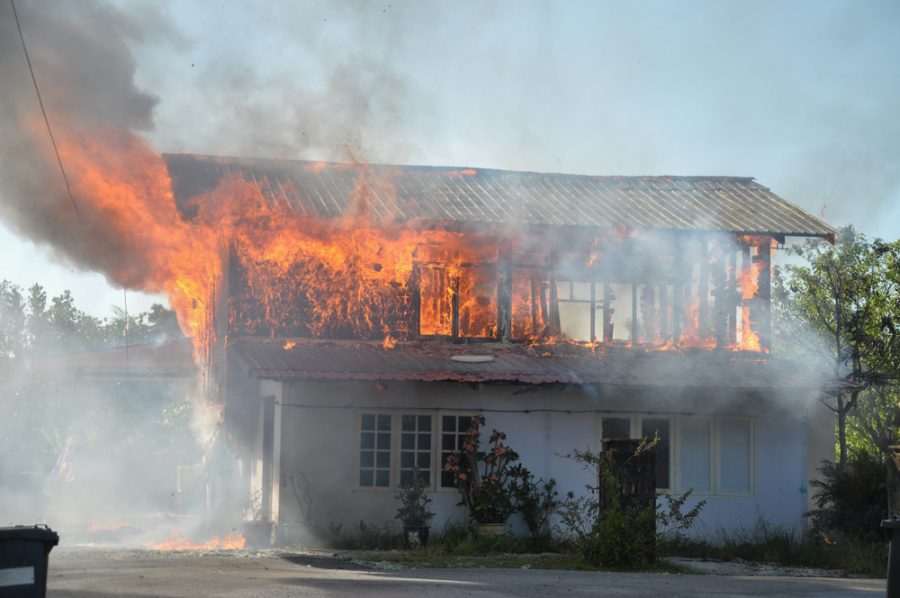Home fire damage and insurance protection is typically an add-on policy, protecting the property against damages caused by fire. Many people don’t realise that their standard contents and home insurance doesn’t always protect against fire damage. The trouble is, if you aren’t adequately insured, you could end up needing to pay for the damages yourself.
Here, we’ll look at the role of fire damage insurance and the key things to look out for in your policy.
What is fire protection insurance?
Fire protection insurance is typically included in homeowner’s insurance. However, the policies between insurers will vary. Some provide slightly more extensive coverage than others and there may be set restrictions in place you need to be aware of.
The standard home fire damage protection will cover damages incurred through a house fire to both the property and the contents. It pays to replace, repair or rebuild the damages caused. Some policies also pay out for any damages incurred to the property by the firefighters putting out the fire.
Understanding the limitations of your policy
All insurance policies have limitations and fire protection insurance is no different. If you’re a homeowner, your standard policy should cover the cost of structural and contents damages. However, if you’re a landlord your insurance will only cover damages to the property and any furniture you’ve provided to the tenants. Those renting a property can protect their belongings by taking out tenants content insurance.
You’ll also need to watch out for restrictions in terms of arson. Insurance companies will need to have proof that the fire wasn’t started by the property owner. You’ll also need to ensure you have taken adequate fire protection measures to receive compensation. If it is discovered you knew of a fire risk and did nothing about it, your insurer may refuse to pay out.
Other types of cover to invest in
If you want to ensure you’re fully protected, it’s worth taking out additional cover. If you are a landlord for example, you may want to take out additional protection to cover the loss of rent after a fire. You could also look out for a specific fire insurance protection policy to ensure you’re adequately protected.
Overall, home fire damage protection can be complicated but it’s important for homeowners, businesses and tenants to understand what is and isn’t covered. The above is a brief guide of what it covers and the things to consider.

Leave a Reply